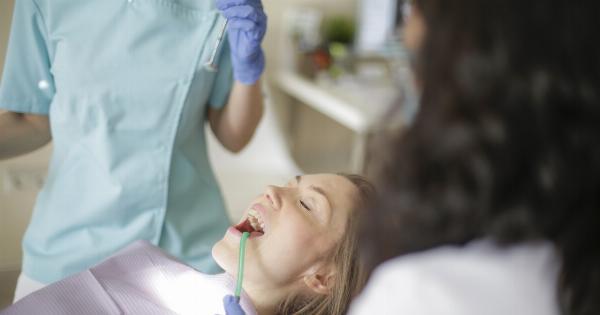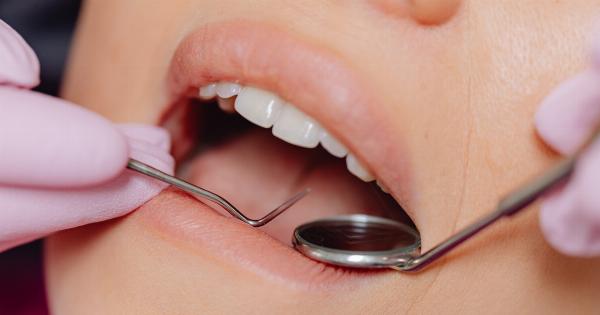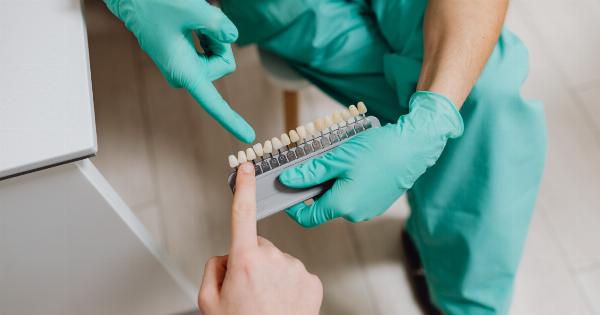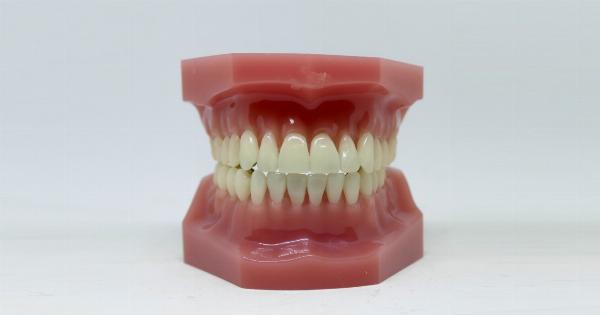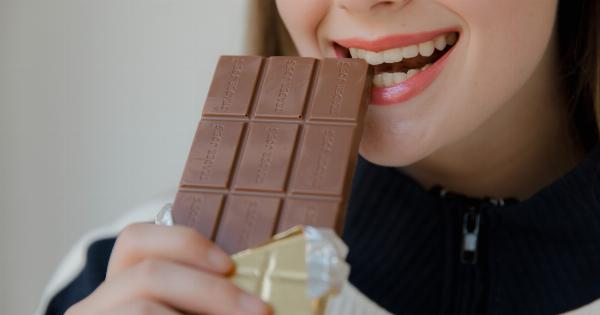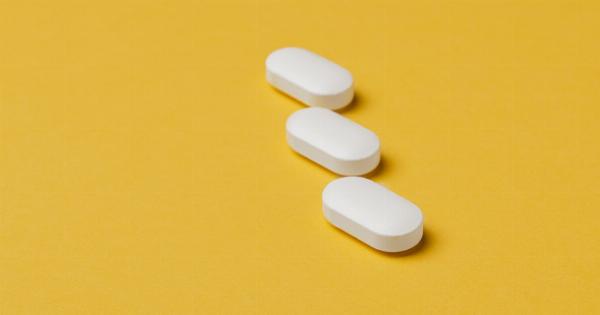Having bright and white teeth is a desire shared by many individuals. A gorgeous smile can boost confidence and leave a lasting impression on others.
With the increasing popularity of teeth whitening, various myths and misconceptions have emerged, leading to confusion among people. In this article, we aim to debunk these myths and provide accurate information about teeth whitening.
Myth 1: Teeth Whitening Harms Enamel
A common misconception about teeth whitening is that it damages the enamel, the outer protective layer of teeth.
The truth is, professional teeth whitening procedures offered by dentists use safe and approved whitening agents that do not harm the enamel. However, excessive and improper use of over-the-counter whitening products may weaken the enamel, so it’s crucial to follow the instructions and consult a dental professional if needed.
Myth 2: Whitening Toothpaste is Sufficient
Many individuals believe that using whitening toothpaste alone can yield significant results.
While whitening toothpaste can help remove surface stains, it is not as effective as professional teeth whitening procedures for achieving noticeable and long-lasting results. Whitening toothpaste mainly focuses on removing stains on the surface, whereas professional treatments target deeper stains and discoloration.
Myth 3: Anyone Can Whiten Their Teeth
Although teeth whitening is a popular cosmetic dental procedure, it is not suitable for everyone. Individuals with gum disease, tooth decay, exposed roots, or sensitivity issues may not be ideal candidates for teeth whitening.
Prior consultation with a dentist is crucial to determine whether teeth whitening is suitable and safe for an individual.
Myth 4: Teeth Whitening Results Are Permanent
Teeth whitening can significantly enhance the shade of your teeth, but the results are not permanent.
The duration of whitening effects varies depending on several factors, including lifestyle, oral hygiene practices, dietary habits, and the individual’s overall dental health. Regular tobacco use, consumption of staining substances like coffee or red wine, and poor oral hygiene can shorten the longevity of teeth whitening results.
Myth 5: Natural Methods Are as Effective as Professional Treatments
There is a common belief that natural remedies such as brushing with baking soda or rinsing with hydrogen peroxide can provide the same results as professional teeth whitening.
While these natural methods may have some whitening effects, they are not as effective or long-lasting as professional treatments. Professional teeth whitening is designed to address specific dental issues, ensuring safer and more effective results.
Myth 6: Teeth Whitening Makes Teeth Sensitivity Worse
Some individuals avoid teeth whitening due to fears that it may worsen tooth sensitivity. While it is true that temporary sensitivity is a common side effect of teeth whitening, advancements in dental technology have minimized its occurrence.
Qualified dentists can also recommend desensitizing agents or adjust the concentration of whitening agents to minimize potential sensitivity.
Myth 7: Teeth Whitening Works for Everyone
While teeth whitening treatments can provide significant improvements for many individuals, the outcomes may vary depending on the person’s dental condition and the type of staining.
Some stains, such as those caused by antibiotic use or internal tooth discoloration, may not respond well to traditional teeth whitening methods. In such cases, alternative cosmetic dental procedures like dental veneers or bonding may be more suitable.
Myth 8: Laser Teeth Whitening is Harmful
There is a misconception that laser teeth whitening can harm the teeth. Laser teeth whitening is a highly effective and safe procedure when performed by a qualified dental professional.
The laser light aids in activating the whitening agents, speeding up the process without causing damage to the teeth or gums. However, it is crucial to choose a reputable and experienced dentist to ensure the procedure’s safety and efficacy.
Myth 9: Teeth Whitening Works Instantly
Despite the promises made by some over-the-counter whitening products, teeth whitening is not an instant process. While some noticeable improvements may be visible after a single treatment, achieving optimal results usually requires multiple sessions.
The whitening agents need time to break down the stains and penetrate the enamel, gradually revealing a whiter smile over the course of the treatment.
Myth 10: Dental Restorations Can Be Whitened
One common misconception is that teeth with dental restorations, such as dental crowns or veneers, can be whitened to match the shade of natural teeth.
However, teeth whitening treatments primarily target natural tooth structure and do not change the color of dental restorations. If you have dental restorations, it is important to discuss teeth whitening options with your dentist to ensure a cohesive and harmonious smile.








